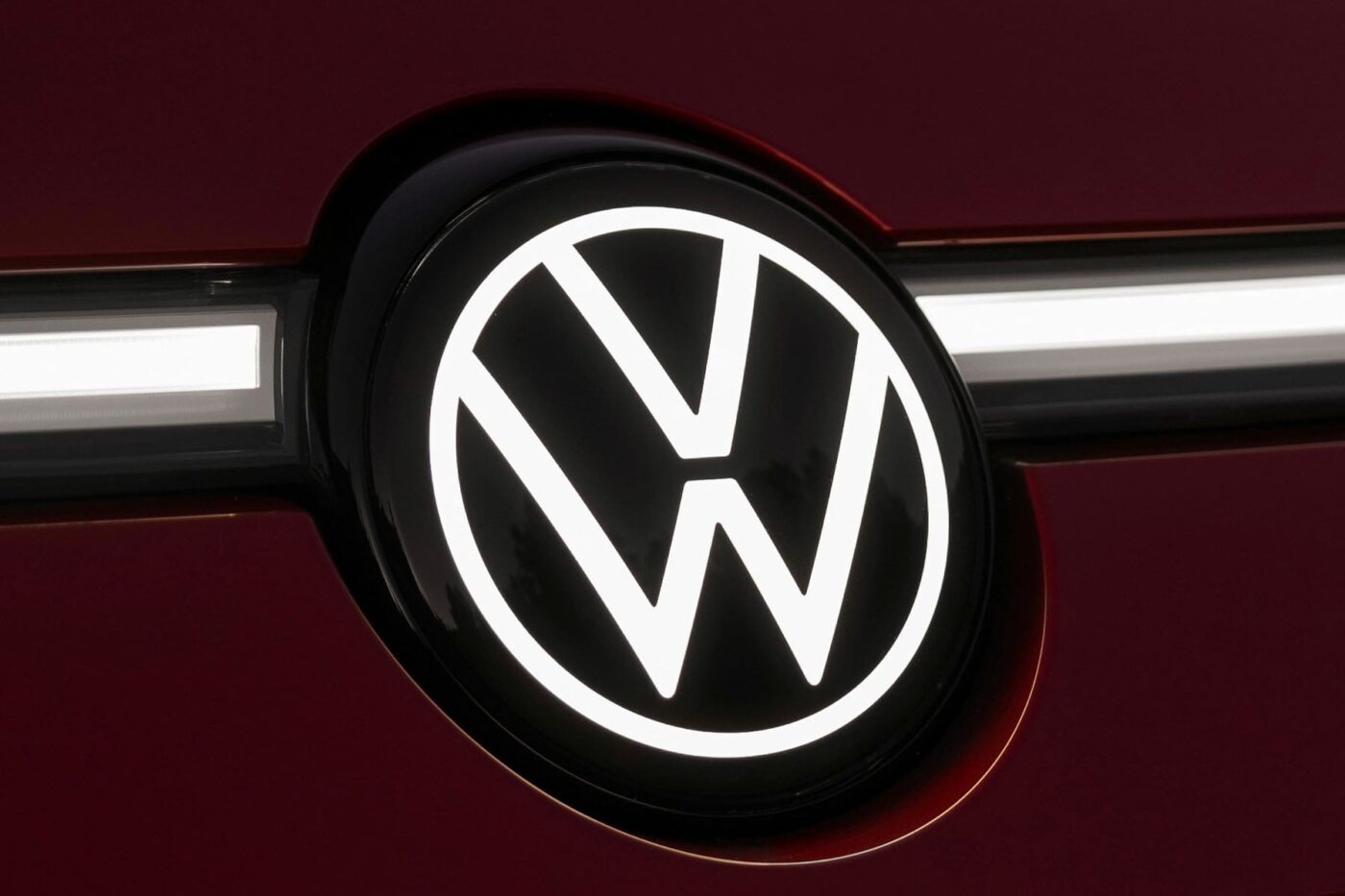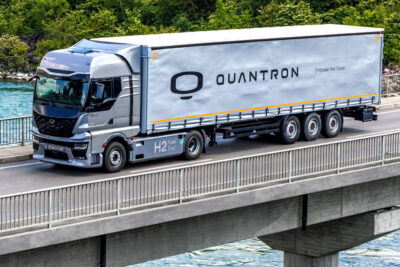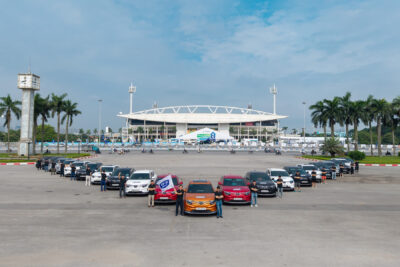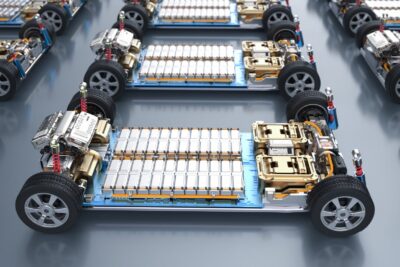VW reveals key points for the SSP electric platform
Similar to the ‘design freeze’ for a new model, from which point in time no more (major) changes are made to the body and hardware, the most important cornerstones for the SSP have now been finalised with the ‘architecture freeze’. The modular electric car platform is now taking shape, as the German publication Automobilwoche writes, citing Wolfsburg circles.
The next step is to negotiate the contracts with the suppliers, including both internal and external partners. It is already clear that the Kassel component plant will manufacture key parts of the drive units and supply them to the vehicle plants. However, other components – including the drives themselves – will of course also be sourced from external suppliers. This is expected to happen by spring 2026. For the binding supply contracts, however, the specific model roadmaps must be finalised, and the individual platforms that can be derived from the SSP modular system must be precisely defined. Ultimately, the SSP should be scalable enough to allow future electric cars from the volume to the premium segment to utilise the common architecture. There is talk of eight SSP platforms.
While some features, such as the use of the VW unit cell, the 800-volt system and the great flexibility, were already announced when the SSP was first publicly mentioned in July 2021 (still under Herbert Diess), the Wolfsburg-based company has now made further important decisions regarding the platform. “The scope of services and the number of possible variants have been defined and backed up with economic key figures,” the report states.
Blume increases pressure on top management
The fact that such important decisions were not made until May 2025 also demonstrates the delay in work on the SSP. When Diess mentioned the new Group platform for models with an output of 85 to 850 kW (original quote from 2021), the first SSP model was due to be launched in 2026. Following various new plans and a change of boss, the Group has moved away from this, and the talk is now mostly of the “end of the decade.” VW brand boss Thomas Schäfer had announced the ninth generation of the VW Golf as a purely electric model for “2028 at the earliest.” The Golf is to be based on the SSP.
The new Board of Management under Group CEO Oliver Blume is endeavouring to avoid further delays. At an internal event for top managers, Blume is said to have personally “sworn in around 150 participants to the SSP.” Automobilwoche quotes an insider as saying that Blume had urged them to adhere to the specifications and, for example, to stick to the variance that has now been set. Blume is reported to have said that Volkswagen could no longer afford to make mistakes with the SSP.
The Group made exactly these kinds of mistakes with the current MEB and PPE electric platforms. The first MEB models were simply not fully developed when production began in 2019 and were delivered to customers with numerous software bugs, for example. Some decisions in the development process, such as the unlit touch sliders under the infotainment screen and the touch surfaces on the steering wheel, are still criticised today. Software problems also affected the development of the PPE. Although the vehicles were not delivered to customers in an unfinished state, the problems significantly delayed the market launch.
The SSP, with its high variance in segments and models, is intended to ensure economies of scale on the one hand by utilising as many identical parts as possible under the sheet metal and on the other hand to reduce complexity in order to lower the traditionally high costs at VW. There is talk of a 20 per cent cost reduction compared to the current level with MEB and PPE.
It is still unclear in which model the SSP will make its debut. At the internal event in Wolfsburg, it was apparently stated that the first European SSP model will be presented in 2027 and launched on the market in 2028. This is expected to be a compact model. This could be the electric Golf or its SUV counterpart, the T-Roc. Alternatively, Audi could take the lead and present an electric A3 successor based on the SSP.
automobilwoche.de (in German)





0 Comments